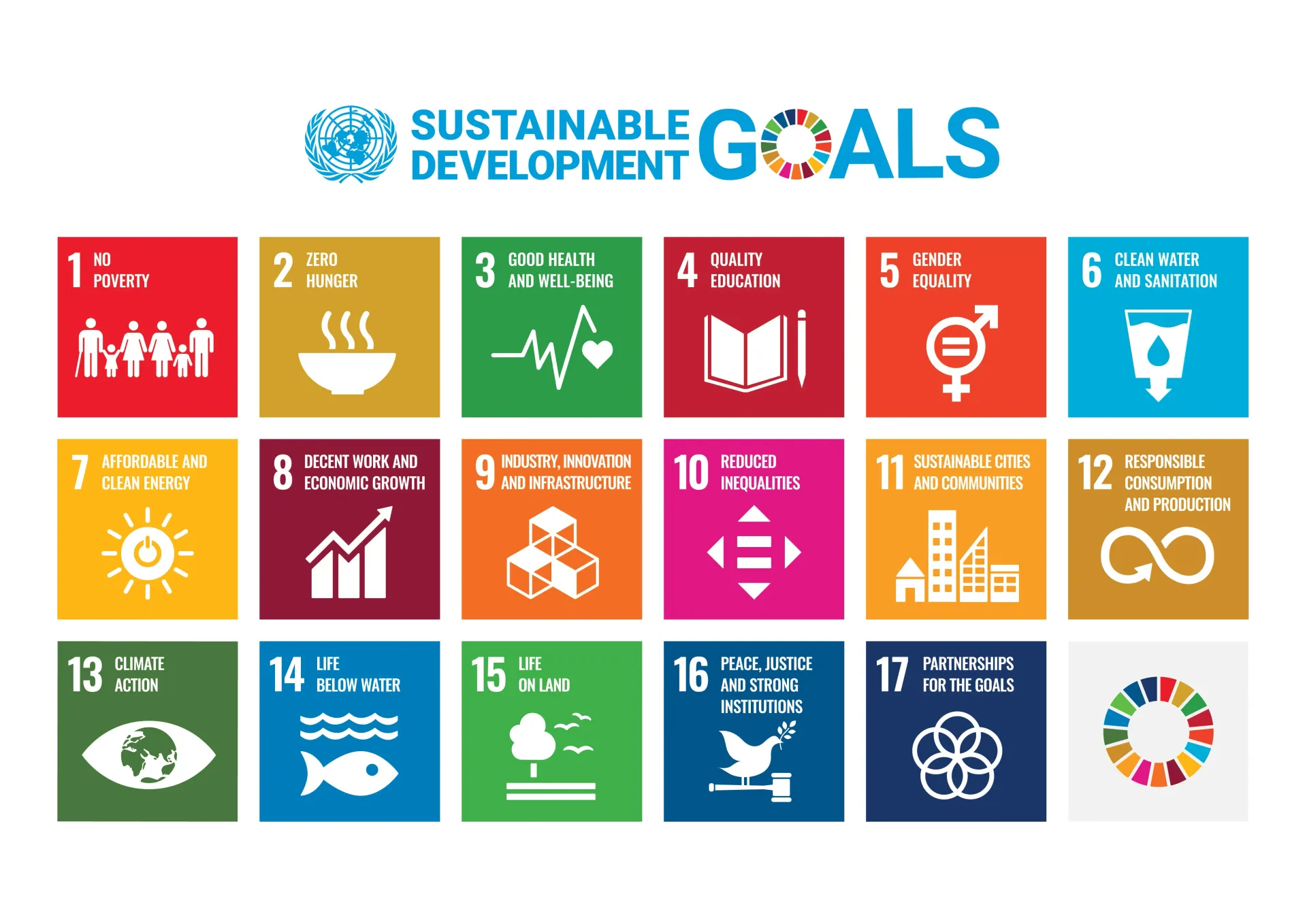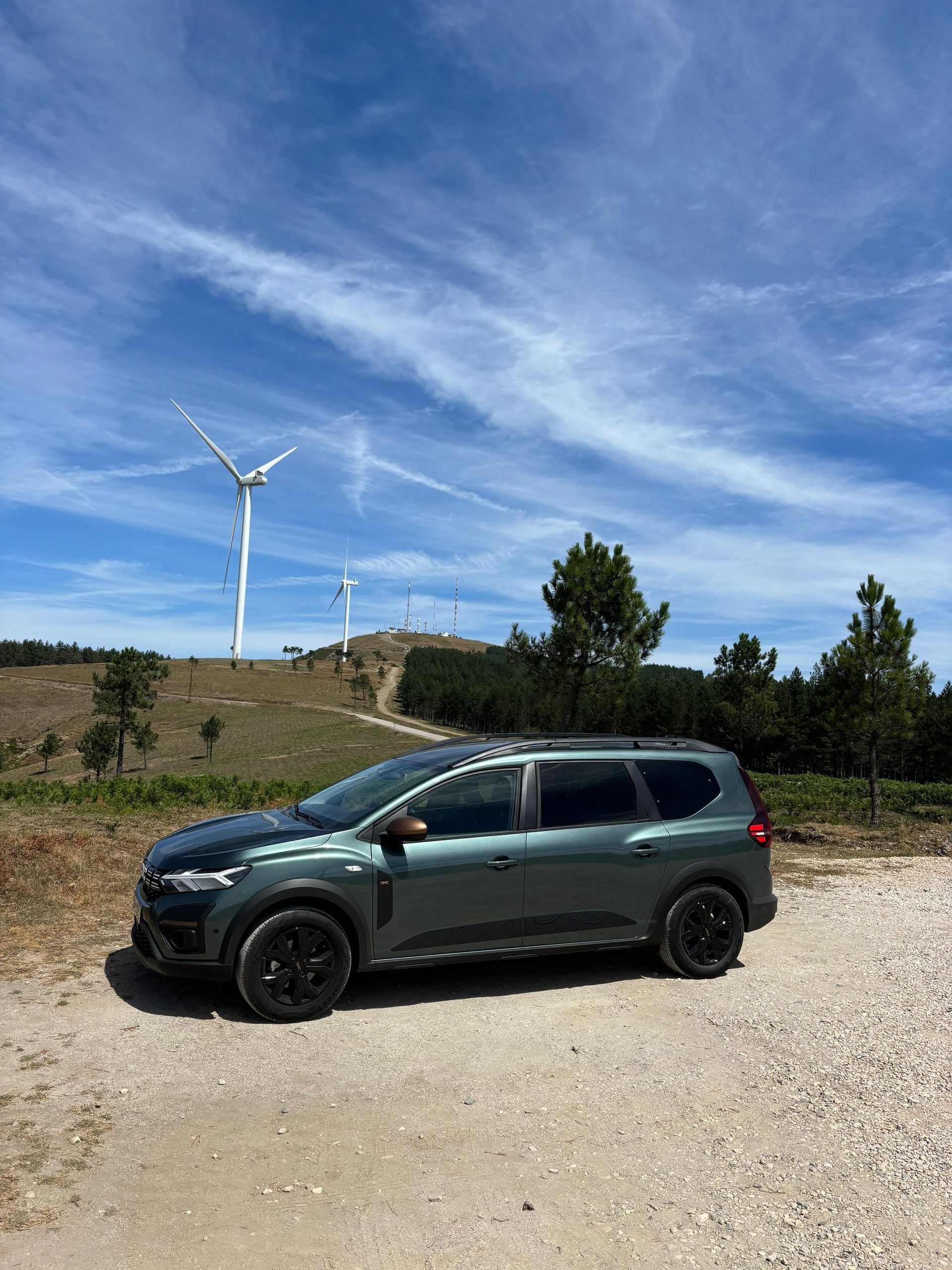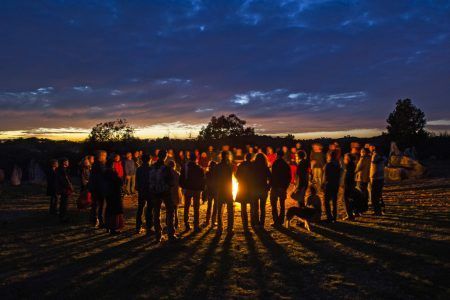Do you know what a dark sky reserve is?
Dark Sky Reserve
Starlight Destinations are places with very low light pollution, where visitors can enjoy unique and unparalleled opportunities to see the night sky. In much of Europe, fewer and fewer people can clearly see the galaxy due to increasing light pollution. However, in Alqueva, the excellent atmospheric conditions and clarity make it possible for visitors to enjoy the stars for most of the year. Additionally, Alqueva is a unique region, rich in cultural and natural heritage.
Dark Sky® Alqueva is the first site in the world to be certified by the Starlight Foundation as a “Starlight Tourism Destination.” This certification, granted by the Starlight Foundation, is supported by UNESCO, UNWTO, and IAC. Today, Dark Sky® Alqueva includes areas of both Portuguese and Spanish municipalities, making it the world's first cross-border Starlight Destination, proving that the sky has no borders or limits of any kind.
The certification covers an area of 10,000 square kilometers around the large Alqueva Lake, including both Portuguese and Spanish municipalities. With the quality of the sky already certified in eleven Portuguese municipalities—Alandroal, Barrancos, Estremoz, Moura, Mourão, Redondo, Reguengos de Monsaraz, Portel, Évora, Mértola, and Serpa—Dark Sky® Alqueva offers a variety of daytime and nighttime activities. Dark Sky® Alqueva is managed by the Dark Sky® Association. Dark Sky®, Dark Sky Alqueva®, and Dark Sky Patrol® are registered trademarks with protection for the European Union.
Come with us and experience this unique moment. Do you know that when we look up to the sky, it's easy to be overcome with a sense of awe? That feeling of being connected to something vast that is bigger than the self, that is proven to affect our brain function in a good way!
Photo credits: Miguel Claro
Share









